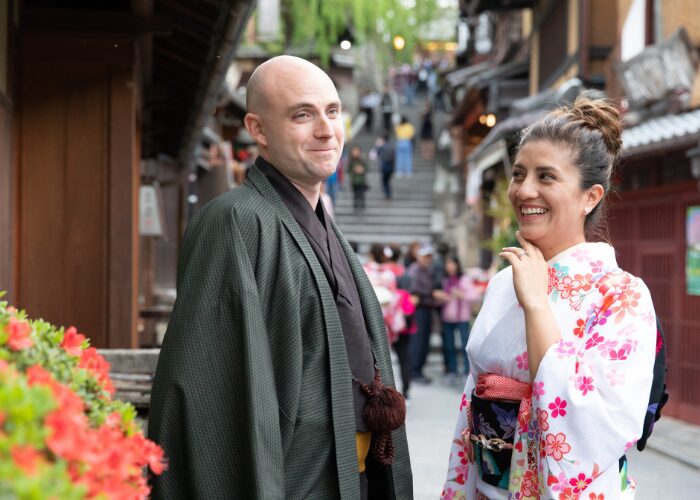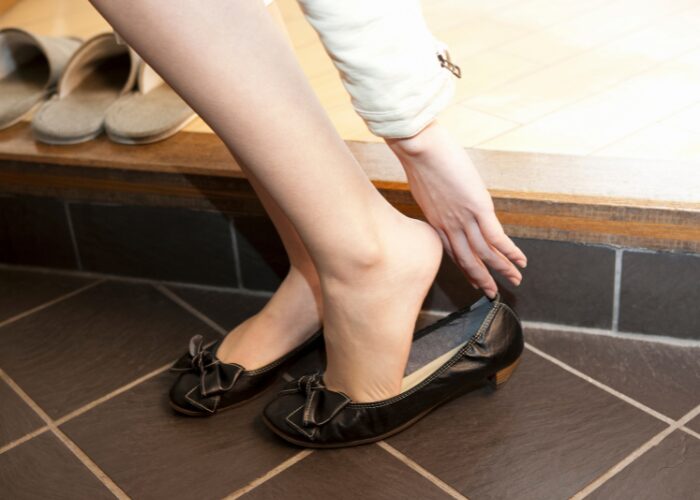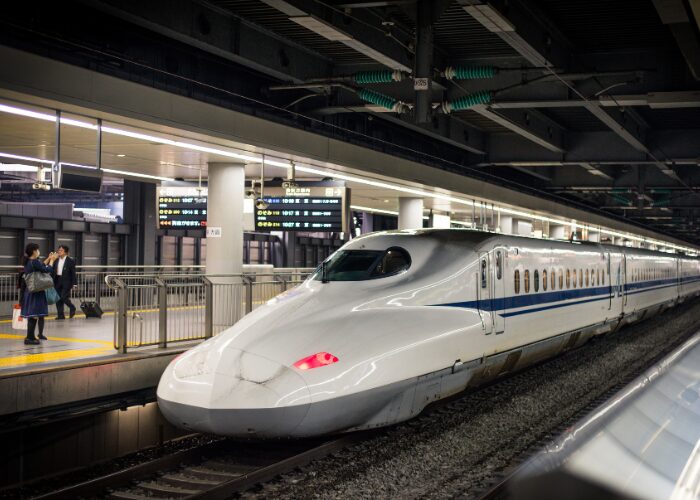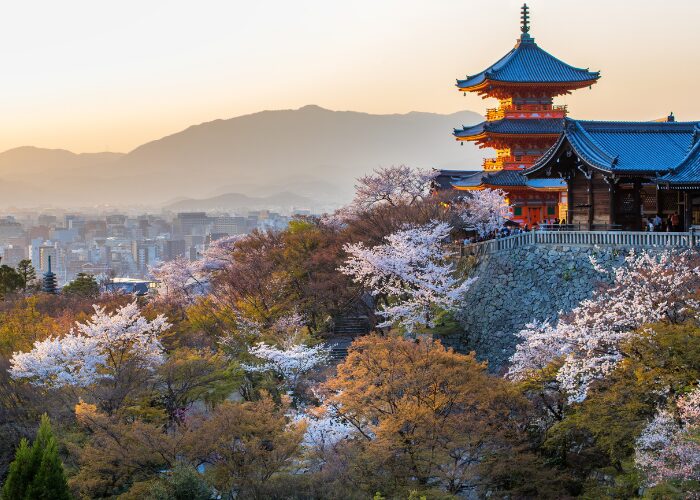
Visiting Japan can be an incredible experience, filled with unique cultural practices, beautiful scenery, and delicious cuisine. Here are some important things to know before your trip:
Cultural Etiquette
- Bowing: Bowing is a common form of greeting and showing respect. A slight bow is usually enough for casual encounters.
- Shoes: You will need to remove your shoes before entering homes, temples, and some traditional accommodations (like ryokan). Wear clean socks or bring indoor slippers.
- Quietness: Japanese people value quietness in public spaces, especially on public transport. Keep conversations at a low volume.
- Politeness: Politeness is highly valued. Phrases like “arigatou gozaimasu” (thank you) and “sumimasen” (excuse me/sorry) are commonly used.

Transportation
- Public Transit: Japan has an extensive and efficient public transit system. The Japan Rail Pass can be a cost-effective option for traveling between cities.
- Taxis: Taxis are safe and drivers are honest. Most taxis accept credit cards.
- Navigation: Addresses can be confusing. Use a reliable map app and be prepared to ask for directions.

Language
- Language Barrier: While English is spoken in tourist areas, many locals may not speak it fluently. Learning basic Japanese phrases can be helpful.
- Signage: Many signs, especially in tourist areas, are in both Japanese and English.
Money
- Cash: Cash is widely used, though credit cards are becoming more accepted. ATMs at convenience stores are reliable.
- Tipping: Tipping is not customary in Japan and can be seen as rude. Exceptional service is built into the culture.
Food and Dining
- Cuisine: Try traditional foods like sushi, ramen, tempura, and kaiseki. Many restaurants display plastic food models (shokuhin sampuru) outside to show their offerings.
- Dining Etiquette: It’s customary to say “itadakimasu” before eating and “gochisousama” after finishing a meal. Slurping noodles is acceptable and shows enjoyment.
- Chopsticks: Learn basic chopstick etiquette, such as not sticking them upright in a bowl of rice.
Accommodation
- Hotels and Ryokan: Japan offers various accommodations, from modern hotels to traditional ryokan. Staying in a ryokan provides a unique cultural experience.
- Capsule Hotels: These are budget-friendly and unique, though they offer limited space.
Technology
- Wi-Fi: Free Wi-Fi is available but not ubiquitous. Renting a pocket Wi-Fi device can be convenient.
- Electricity: Japan uses 100V electricity with Type A and B plugs. Check if you need an adapter or converter.
Safety
- Safety: Japan is one of the safest countries in the world. Crime rates are low, and it’s generally safe to walk around at night.
- Emergency Numbers: The emergency number for police is 110, and for fire or ambulance, it’s 119.

Respect for Tradition
- Temples and Shrines: Dress modestly and behave respectfully at religious sites. Photography may be restricted in some areas.
- Onsen (Hot Springs): Follow the onsen etiquette, such as thoroughly washing before entering the communal baths. Tattoos may be prohibited in some onsen.
Enjoy your trip to Japan! The country’s blend of ancient traditions and modern innovation makes for a fascinating destination.
Leave a Reply